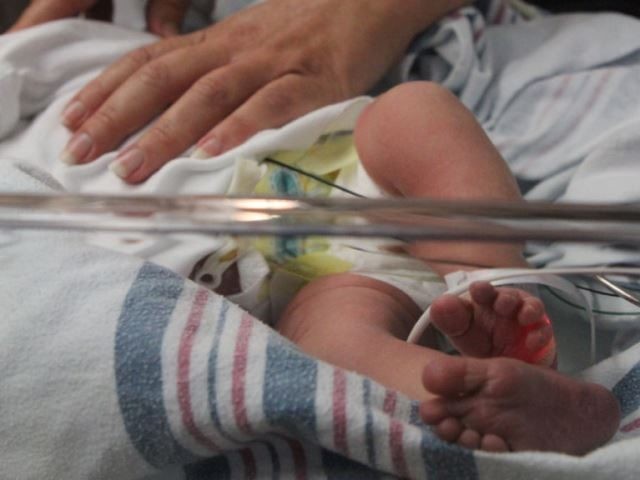The Nuffield Council on Bioethics stated in a report this week that altering the DNA of a human embryo is not “morally unacceptable” if it is in the child’s “best interests.”
“It is our view that genome editing is not morally unacceptable in itself,” said Karen Yeung, chair of the Nuffield working group and professor of law, ethics, and informatics at the University of Birmingham.
“There is no reason to rule it out in principle,” she said.
In its new report titled “Genome editing and human reproduction: social and ethical issues,” the bioethics council said that new technologies have enabled “precisely targeted alterations to DNA sequences in living cells,” especially the CRISPR-Cas9 system that emerged in 2012.
“As a result, deliberately intervening in the human genome for the purposes of selecting traits of future children has now become a real and distinct possibility,” the 200-page report states.
Genetically modifying babies to influence the characteristics of future generations “could be ethically acceptable,” the council ruled, if two principles are satisfied.
The first is that such interventions must be consistent with “the welfare of a person who may be born as a consequence,” and second, they must “uphold principles of social justice and solidarity,” meaning that they do not “produce or exacerbate social division, or marginalise or disadvantage groups in society.”
While genome editing for reproductive purposes is “currently unlawful” in the UK, the authors state, “there is potential for genome editing to be used in a wider variety of more common circumstances, and for a wider range of purposes that may be unrelated to the avoidance of medical diseases or disorders.”
In other words, the report suggests that human genome editing for the purpose of genetic improvement, and not only the avoidance of disease, may be morally acceptable, an affirmation that cannot help raising the specter of eugenics and designer babies.
“Our view is that the two guiding principles that condition the ethical acceptability of genome editing in the context of reproduction should orient ethical evaluation and are applicable to the full range of potential motivations for wishing to undertake such interventions,” they assert.
One of the co-authors, Jackie Leach Scully, professor of social ethics and bioethics at Newcastle University, said that heritable genome editing may one day become an option for parents “to try and secure what they think is the best start in life” for their children.
Marcy Darnovsky at the Center for Genetics and Society in California said, however, that the report opens the door to gene editing for enhancement and cosmetic purposes, something generally considered ethically problematic.
“They dispense with the usual pretence that this could – or, in their estimation, should – be prevented. They acknowledge that this may worsen inequality and social division, but don’t believe that should stand in the way,” Darnovsky said.
“In practical terms, they have thrown down a red carpet for unrestricted use of inheritable genetic engineering, and a gilded age in which some are treated as genetic ‘haves’ and the rest of us as ‘have-nots,’” she said.
Follow Thomas D. Williams on Twitter Follow @tdwilliamsrome

COMMENTS
Please let us know if you're having issues with commenting.